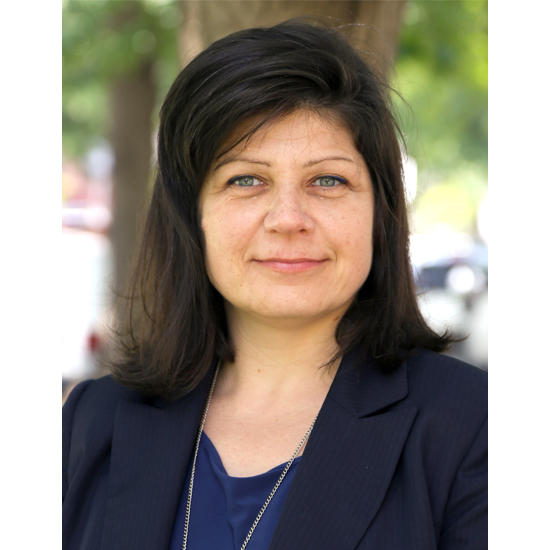
03 Feb HRH2030 Director’s Digest: February 2020
February 2020: Celebrating Resilience
Dear Colleagues,
As I write this letter, our global community is facing a public health emergency of international concern with the outbreak of a novel coronavirus. It is early days and the media is filled with information and misinformation. I think back to the last situation that required such a coordinated international response and remember the toll that the Ebola virus took on some countries’ health systems. In this current situation, as always, health workers on the frontlines are responding with commitment and courage.
The challenges of the health workforce during and after the Ebola outbreak spurred an interest in health system resiliency. Today, it’s well-acknowledged that health system resiliency needs to be fostered continuously, so that systems can better withstand shocks as they occur. As Dr. Tedros wrote in this recent article, “We should, of course, pay close attention to each global health problem, and work to save lives wherever we can. But working on improving primary healthcare and achieving UHC has benefits for every part of global health. Strong, quality health systems are more resilient and more able to cope with the consequences of outbreaks and other emergencies.” The topic of “Building Resilient Health Systems,” was also explored in an interesting panel discussion at Davos, with panelist Dr. Ann Kurth, dean of the Yale University School of Nursing, talking about the central role that nurses play as trusted members of their communities.
Our HRH2030 team believes that it’s the folks at the heart of the health system—health workers and those closest to supporting and managing them—who have the best ideas about how to foster their own resiliency. And so, we’re pleased to announce the Health Workforce Resilience Prize. With USAID’s support, we will award $50,000 in prize money to up to three winners (individuals or organizations) from low- or middle-income countries that have designed or developed a tool, method, or approach to improve or enhance health worker resilience. Learn more about the prize and sign up for our February 19 webinar, where we will share all the details about eligibility, submission, and the timeline for the competition.
Linked to health worker resiliency is health worker supervision. We’re making progress in the area of enhancing supervision to strengthen health worker performance. Read this interview with one of our team members to learn more about this work. And then see how it is being applied—using digital platforms—on the ground with the Leyte Provincial Health Office in the Philippines.
Turning to one of our own digital platforms—our website—we’re offering health workers and all stakeholders within the global health community a chance to highlight how their work is making health care more accessible, accountable, affordable, or reliable—attributes found in USAID’s High-Performing Health Care framework. This month, we’ll be sharing video testimonials like the ones you see here to increase awareness of the framework and show how all actors—the public and private sectors, NGOs, FBOs, and civil society—have a role to play in strengthening the health system. Send us your testimonials and we’ll share them on our website and through our social media channels! See our guidance here.
Two last pieces of news this month: First, we’ve published a technical report on a new econometric model for HRH projections. Developed through our work with HRH2030 consortium partner, ThinkWell, the model goes beyond using standard economic indicators for these projections, by factoring in other relevant data such as a country’s epidemiological and demographic transitions. Read more about the development of this model here.
And finally, I’m pleased to announce that our work in advancing human resources for health through USAID’s HRH2030 program will continue for another year. Our five-year program, originally intended to close this summer, has been extended until August 2021. This is a great testament to the work done by our field teams across the world and an acknowledgement of USAID’s trust in the HRH2030 consortium members. We are grateful for all of those who have contributed to our efforts since this program began and we look forward to continuing to serve the human resources for health community.
Warm regards,
Wanda Jaskiewicz
Project Director, HRH2030






